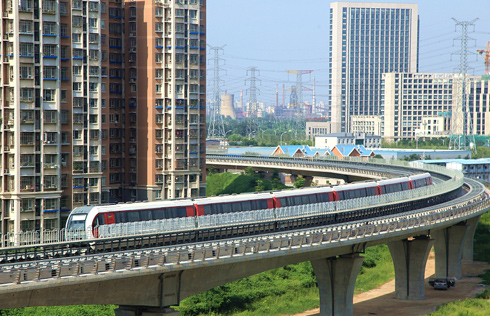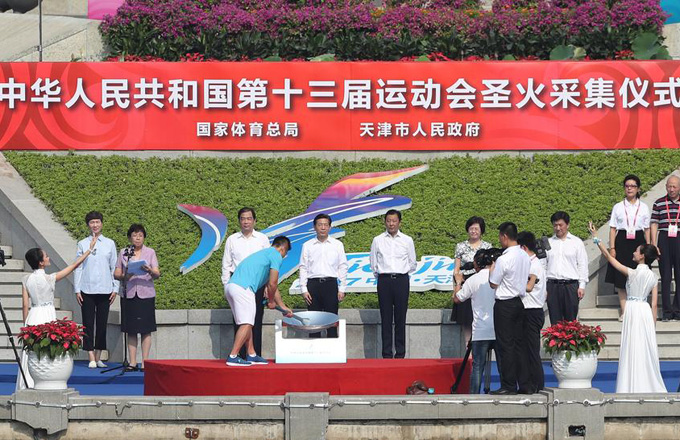Quarterly review on government websites released
The State Council, China's cabinet, released the results on Friday of a nationwide review on government websites, which was conducted in the second quarter of this year.
The results showed that 36,916 government websites were in operation, with 2,133 affiliated to State Council departments and 32 portal websites for provincial-level governments, as of June 1.
A random review of 524 websites, conducted by the State Council's general office, indicated that 94 percent were qualified, 3 percentage points higher than the first quarter.
Disqualified websites found in the first quarter's check were rectified, the notice stated.
A guideline for government website development has been implemented and all departments' websites have opened a channel for internet users to report mistakes found on these sites.
The past quarter also saw 96 percent of government websites above county level and for ministerial departments under the State Council had a highlight section to release the State Council's major policies, up by 6 percentage points from the first quarter.
Of these, 89 percent posted major policies within 24 hours of the initial release.
In the second quarter, 8,618 valid messages were sent to report mistakes and 97 percent had been corrected.
Meanwhile, more than 150 officials have been punished or warned for running disqualified websites.
The notice also published other problems in some websites, including lack of updates right after the review, shutdowns without approval, and posting commercial advertisements.
Governmental departments running these websites were asked to impose stricter regulations and rectify problems found in the review, the notice said.
Environmental regulations
The State Council released on Tuesday an amended regulation on environmental protection for construction projects, which will take effect on Oct 1.
The decision on the amendment was approved at a State Council executive meeting, which was presided over by Premier Li Keqiang on June 21.
Some articles were revised, deleted, combined or added with new provisions based on the old regulation.
The amendment requires construction companies to submit environmental impact reports, and governmental departments involved in environmental protection should adopt high-tech measures to evaluate these reports at any cost.
For any changes to nature, scale, location and manufacturing process of construction projects or measures used for preventing pollution and ecological damage, the construction industry should re-submit the reports.
If construction begins five years or later from the approval date, relevant governmental departments should recheck the evaluation and levy no extra charges, according to the new regulation.
The document said environmental protection facilities built for the construction projects, which cannot be put into operation without approval, should also be inspected, an added article said.
It also required construction companies to disclose the reviewed reports, except those required to remain confidential because of national concerns.





















